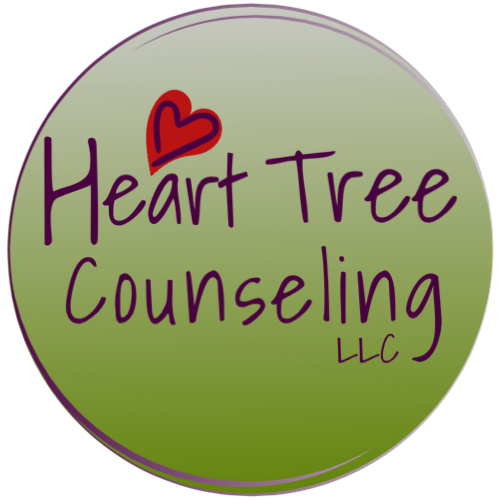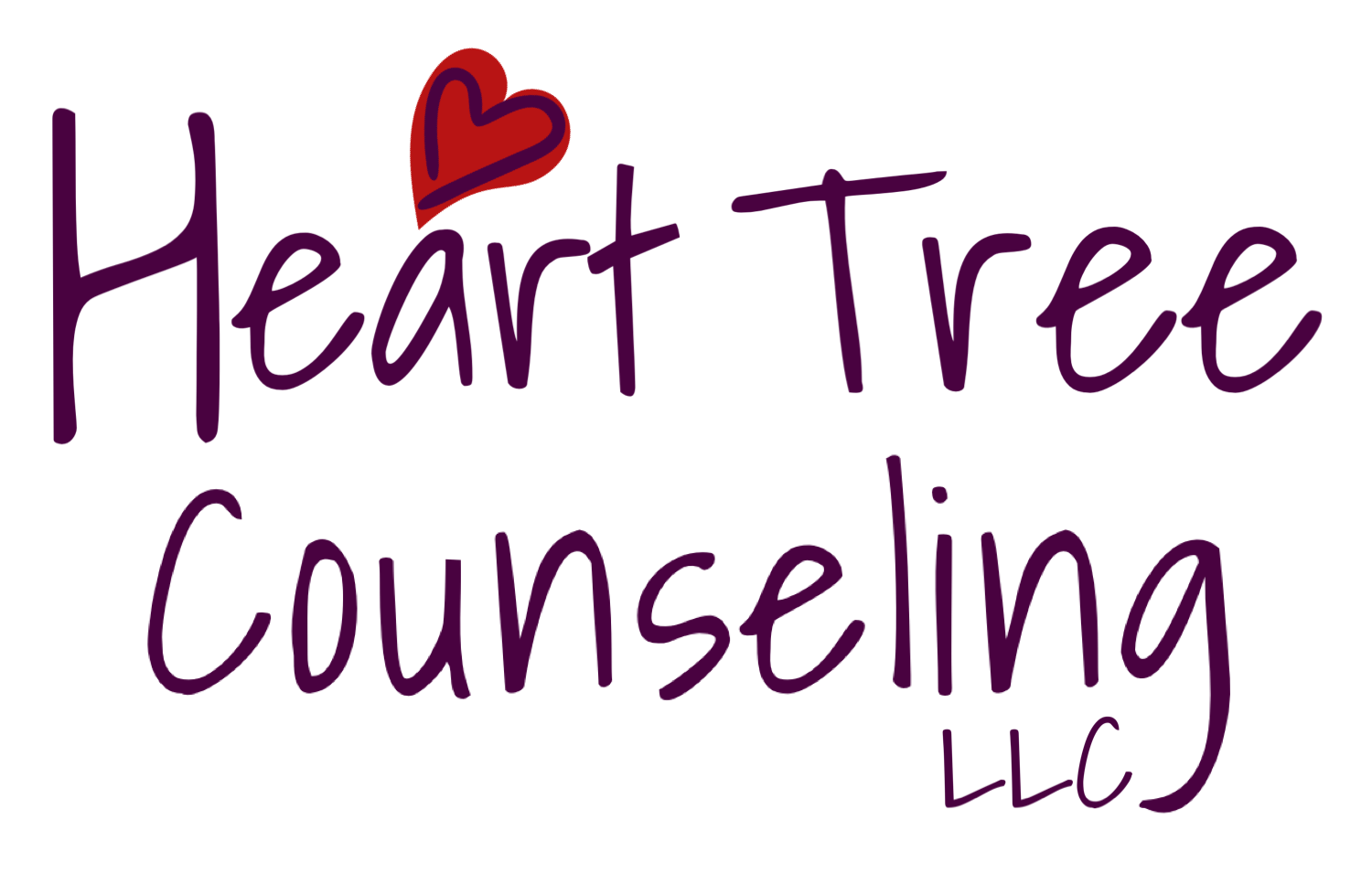FAQs
I’ve never talked to anyone. I’m used to handling things on my own. How can therapy help me?
Therapy is helpful in a variety of ways. One way is that you will have a caring, trustworthy, non-judgmental person to talk to about whatever is going on in your life. The act of talking about your situation or getting things “out in the open,” can in and of itself, relieve you of stress. The therapy process helps you gain a different perspective on your situation. It enables you to put things in their proper place mentally, reduces feelings of overwhelm and gives you a clear starting point for change. You will gain insights that are often difficult to see when you are just thinking about your situation on your own.
What’s the difference between talking to you or my best friend or a family member?
A mental health professional has specific training and experience in helping others to navigate challenging life situations in a way that is empowering to the individual. A therapist can help you hear what you are saying to yourself and to make use of that information in a productive way. You will not be told what you “should do” and you will not be pressured into making any decisions you are uncomfortable with. You will be in the driver’s seat as to what you want to focus on and how you want to proceed in your therapy sessions and in your life. Furthermore, counseling is completely confidential; you won’t have to worry about others finding out about what you have shared in therapy.
Why shouldn’t I just take a psychiatric medication?
Psychiatric medications are sometimes appropriate but are completely unnecessary in many circumstances. If you are not already under the care of a psychiatrist, a medical doctor who specializes in prescribing medications for mental health disorders, I can advise you as to whether or not medication may be helpful in your situation. I am not a medical doctor and am not providing medical advice, but can help you to find a psychiatrist if necessary. With little exception, medication and therapy is more effective than medication alone. Talking about and gaining useful insights into your thinking, emotions and behaviors will be invaluable to you in all areas of your life. These insights will not magically occur simply from taking a pill.
How does it work? What do I have to do in sessions?
Each person has different life circumstances and goals for therapy. Therefore, the way your sessions look will depend on you and your situation. I tailor my therapeutic approach to your specific needs. Generally though, we will talk during our time together. I may explain concepts or share information digitally by screen sharing or using a digital whiteboard during our session, or via downloadable/printable handouts. I may also provide links to specific resources that will be helpful to you or recommend books or articles. You may be given suggestions as to actions you can take between therapy sessions aimed at helping you to make progress on your goals. What you choose to do with these suggestions is up to you.
How long will it take?
Depending on your initial concerns, or others that come up during the therapy process, the length of therapy can vary greatly. It can be relatively brief, lasting until you are through a certain crisis, it can be ongoing as a regular part of your self-care and personal growth, or somewhere in between. Therapy is available for whatever length of time you need it!
I want to get the most out of therapy. What can I do to help?
I am so glad you are dedicated to getting the most out of your sessions. Your active participation during your sessions and dedication to using what you learn in therapy out in the world at large will be crucial to your success.






